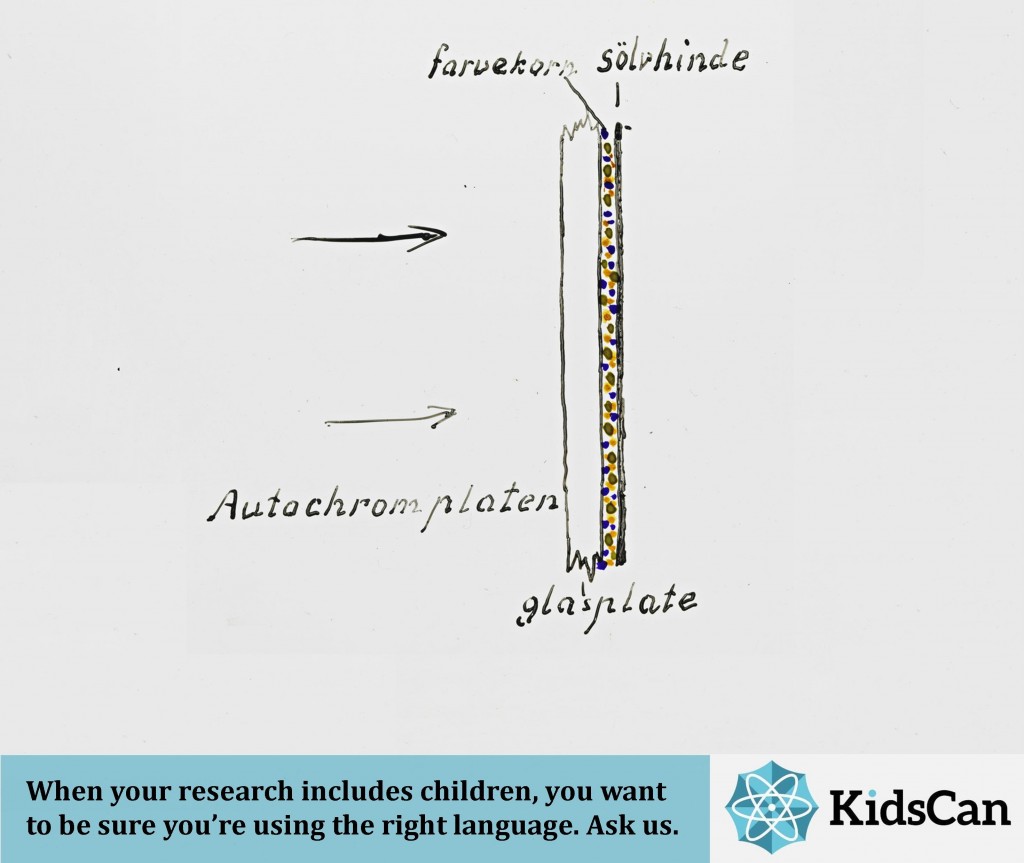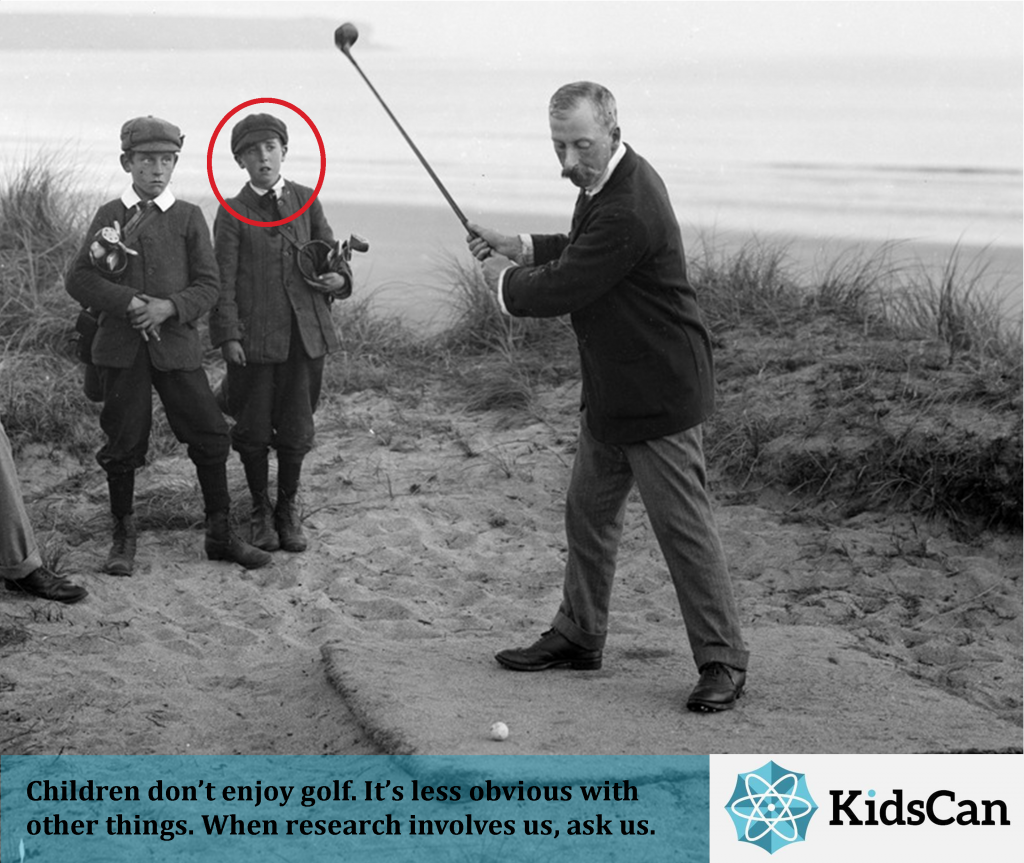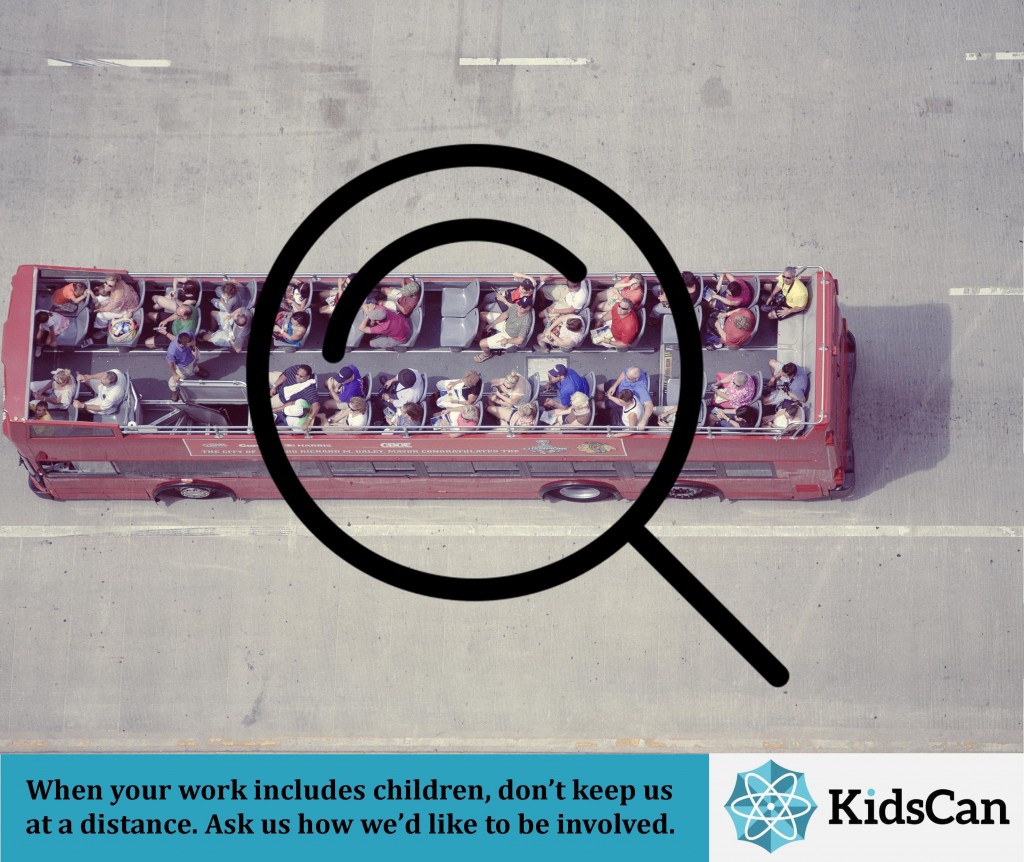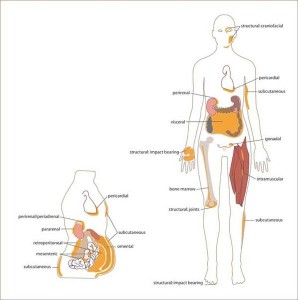June 9th, 2016 § § permalink
The concept of “Breakable Toys” speaks to the need for a developer to practice using their new tools. The best form of practice is trial and error. But it’s maybe not the best idea implement your most extreme experiments on your team’s shared code base.
I came across the idea of having personal “Breakable Toys” in Apprenticeship Patterns. The solution is to build simple projects in parallel to your main line of work. Work out a simpler version of complex features and recreate it. Build, break and fix: your wacky experiments won’t get in the way of your team’s work.
Here’s the link to Apprenticeship Patterns. Start with the Pattern List, click to the challenge you’re facing. Go ahead, you’re welcome.
April 25th, 2015 § § permalink
Created these posters to promote awareness of a resource available to the community and researchers!



June 30th, 2014 § § permalink

This month:
The written word, the emerging web and trusting in diversity.
Does the written word hold power?
Ok, it’s not power per se, it’s authority. An experiment of interesting design has found that written words can empower authority.
Children were given the choice of following verbal instruction or instruction that originated in written word. Children who couldn’t yet read were indiscriminate. But Corriveau’s team found that once children are literate, “they rapidly come to regard the written word as a particularly authoritative source of information about how to act in the world.”
In my own opinion there is now a large quantity of hearsay masquerading as fact, so I must hope this is not entirely a bad thing.
As soon as they can read, children trust text instructions over spoken information (BPS Research Digest)
Emerging Global Web:

Light rail train platforms in Bangkok, Thailand, with gateways bedecked in digital advertisement. Source: Manil
A behemoth of a slideshow but only in number of slides. Each is colourful and concise, peering into the variety of ways internet is used today. The manner in which developing populations have harnessed the internet has leap-frogged its purpose in developed regions. A conversation I had with my expatriate friend who recently visited from Shanghai illustrated one reason why.
According to him, smartphone usage is not skewed towards younger populations as it tends to be in other places. Being older is an insufficient reason to abstain because the internet is now heavily relied on for daily commerce and communication. Also, more trust in online services allows people to purchase more freely. The caveat being that once that trust is lost, it is much more difficult to recover.
The Emerging Global Web (via Slideshare)
Diversity and trust:
So does diversity help to build trust or destroy it? While usually an excellent topic to trot out for animated dinner discussion in support of multicultural societies, the jury is in and…
On its own diversity was not enough. “(J)ust to live side-by-side in the same community” is insufficient, however when combined with meaningful face-to-face interaction, it’s a recipe for trust.
Does Diversity Undermine Community Trust? (Association for Psychological Science)
May 30th, 2014 § § permalink

This month:
Jump-starting the immune system, abdominal fat and how we get tall.
It’s all in the enzymes:
Researchers are developing techniques besides the usual by figuring out how to stimulate the body’s immune response to disease, resulting in reduced lag time and (possibly) prolonged defensive response.
UBC scientists find new way to mobilize immune system against viruses (CityLab)
The fat ’round the middle:
Material I acquired as part of a Health Psychology class convinced me that abdominal fat, the type that pads the space between our organs, is especially dangerous. The article linked below gives some background and advice on what to do about it. Hint: improve physical activity and watch portion size.

The visceral type of fat is in the abdominal region, surrounding the organs. Source: StemBook.org
Abdominal fat and what to do about it (Harvard Medical School Family Health Guide)
Taller than your grandfather, on average:
The last time I was part of a group discussing physical development and by extension height, the major point seemed always to be nutritional access. Turns out it’s nutrition and sanitation. When infected with disease, nutrients will be diverted as “growth takes a back seat to keeping the heart and organs functioning”. If disease is common enough these diversions can be prolonged enough to visibly affect growth.
How We Get Tall (The Atlantic)
February 28th, 2014 § § permalink

This month:
Electric cars, social psychology and the minimum wage.
Electric vehicles:

Seen at Granville Island, Vancouver.
Following Tesla’s ongoing success, the electric vehicle market is looking to get more crowded. Competing interests were attempting to take control of Fisker Automotive, which has now gone to Wanxiang which is a China-based multinational car parts manufacturer.
How Wanxiang could revive electric carmaker Fisker (Quartz)
Social psychology:
An analysis of girls’ performances in school chess tournaments identified a trend that girls lost more often to boys than was expected, given their skill ratings and those of their prior opponents.
A lack of female role models sometimes leads to potentially damaging stereotype threats, one that is best remedied earlier on. If the threat can be resolved before adulthood girls will better maximise their potential.
Girls underperform when they play chess against boys – real-life evidence of stereotype threat? (via British Psychological Society Research Digest)
Minimum wage:
While it’s too late for Walmart to shake off its public image of a “exploitative employer” at the lower income brackets, other firms can still enact pre-emptive policies. The clothing retailer GAP committed to increase minimum wages within the next 11 months across its umbrella that includes Old Navy and Banana Republic.
Why Wal-Mart should support a higher minimum wage (Quartz)
January 20th, 2014 § § permalink

This month:
Sleepy pilots, social psychology and Yahoo.
Sleepy pilots:
New FAA rules about pilot rest took effect in America, ones I’m quite surprised took this long to effect considering the well-known cognitive deficiencies of sleep deprivation. Lack of sleep is one thing we really do not want in the people who fly our aircraft.

He doesn’t look too sleepy. Must be caffeine.
In a move that will make unions very happy, pilots are now legally required to have 10 hours of rest of which eight hours must be uninterrupted sleep, in between their eight- or nine-hour shifts. This is an improvement of two hours more sleep than before, which did not even have to be uninterrupted.
Preventing sleepy pilots (Gulliver)
Social psychology:
A study that found that men for whom a door had been held open scored lower on self-esteem and self-efficacy immediately after. The authors put forward the explanation that holding open doors for men is a socially unusual action that suggests they look vulnerable.
In my city, people hold doors open for others all the time. I take it as a gesture of community and it would be a shame if people let it make them feel smaller. Maybe I shall examine the details of this further in another article.
Open a door for a man… (via British Psychological Society Research Digest)
Yahoo:
With Meyer at the helm, Yahoo is always hungry. It just acquired Aviate, an app that organises Android homescreens. It seems that Yahoo has recognised a problem many people seem to have: app overload. By offering the right information at the right moment Yahoo wants to be the solution to sifting through reams of unused apps, simultaneously reaming Google Now in the process.
Let the 2014 acquisition spree begin: CEO Marissa Mayer reveals Yahoo’s acquisition of Aviate (VentureBeat)
December 26th, 2013 § § permalink

This month, updates from:
Alternative energy, natural resources and textile manufacturing.
Alternative energy:

Checking solar panel alignment prior to installation.
Solar energy accounted for 21% of new energy sources coming online this year. Also, manufacturing of these panels is moving east, to China, Malaysia and to some extent, the Philippines.
If the US solar business is booming, why are jobs in it declining? (via Quartz)
Natural resources:
At the end of another year resisting the Northern Gateway pipelines in British Columbia, there is growing recognition that Canada has failed to add value to its natural resources, choosing instead to extract and liquidate rather than consider long-term impact and alternative products.
Failure to add value to resource wealth chains Canada to its colonial past (via The Globe & Mail)
Textile manufacturing:
Bangladesh increases the minimum wage in the garments manufacturing sector from approximately $40 to nearly $70, as attention remains focused on a largely under-regulated industry and with lax legal enforcement. Global retailers insisted for years this would cause their sales to drop. The Bangladesh government believed any such measure would have retailers take their business elsewhere. So far, nothing like this has happened.
The Tragic Number That Got Us All Talking About Our Clothing (via NPR: Planet Money )
October 30th, 2013 § § permalink

This month:
Robots that look like us, global trade slowing down, and the average male.
The average male:
We need reality to balance out the digital-fakery out there. Too many body-image issues are created by misrepresentation.
This Is the Average Man’s Body (The Atlantic)
Global trade slowing down:
The Bank of Canada said this week that an anticipated rise in exports never came. It now seems to be considering raising interest rates.
Global Trade Flows Show Exports Are No Magic Bullet (Bloomberg)
Anthropomorphic robots:

REEM-C and REEM
As they are made more and more like us, robots will increasingly be seen in places other than the factory floor. The traditional separation of humans and robots will slowly crumble away.
Making Robots More Like Us (The New York Times)
September 30th, 2013 § § permalink
This month:
Microsoft and Nokia get cozier, the US government shutdown, and Big Gods
Microsoft acquires Nokia’s handset division
The mobile handset-maker that once was global king-of-the-hill, and is now relegated to just about 3% of the smartphone market, has been sold to Microsoft.
Where Nokia went wrong (The New Yorker)
US government shutdown
An economics professor at UBC answers some questions about the shutdown. For example: Why is this even happening? Because the Congress can’t agree on a budget while part of it tries to delay “Obamacare”.
Breaking down the U.S. government shutdown (UBC News)
Big Gods
A new book explores the question of whether cooperation among strangers increased because of the cultural spread of faith in so-called “Big Gods” that see everything and punish amoral transgressions.
Big Gods: How religion transformed cooperation and conflict (UBC News)
August 21st, 2013 § § permalink

This month, updates from:
Human behaviour, health policy and (successful) climate change mitigation.
Psychology:
A recent Cornell University study found that intelligence officers compared to college students were more swayed by the framing of problems. The researchers say this is a sign of irrational decision making because the agents were more prone to “treating equivalent outcomes differently based on superficial wording.” In short, “they were more willing to take risks with human lives when outcomes were framed as losses rather than as gains.”
Read study details:
Intelligence agents more prone to irrational decision making than students (British Psychological Society’s Research Digest)
Health Policy:
Over several decades, the U.S. has relentlessly fought tobacco use. The smoking rate has been dropping for decades and this year reached a low of 18% among people over age 18.
Read more:
Tobacco Companies Hook New Smokers (Wonkblog)
Environment:

This visualization shows how global temperatures have risen from 1950 through the end of 2013.
The Montreal Protocol adopted by 196 countries to counter ozone depletion and its consequences is a success story of multinational efforts to mobilise and neutralise human harm on the environment.
Watch further:
How it works: Fixing the Ozone Layer (@AJEarthrise via Youtube)
















